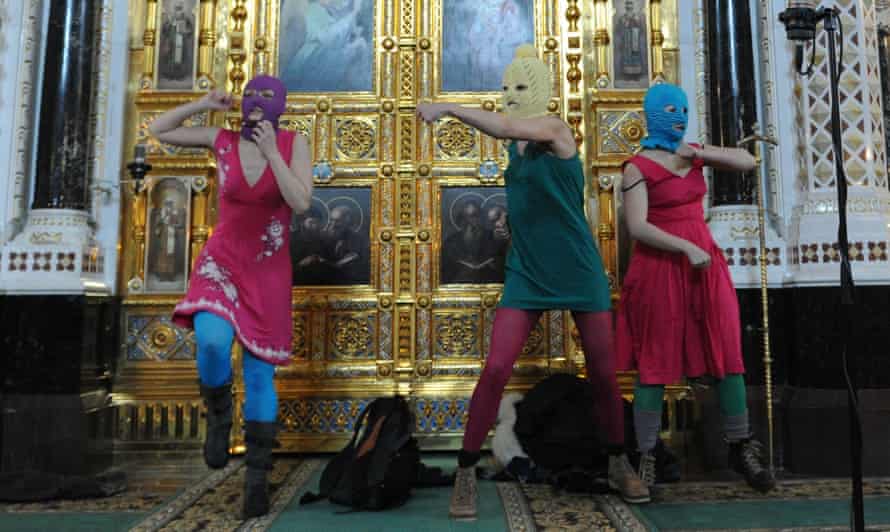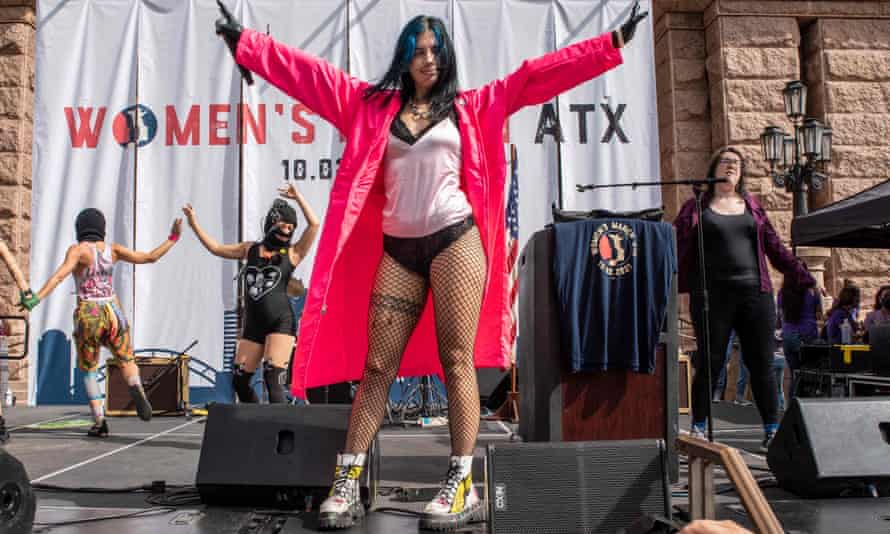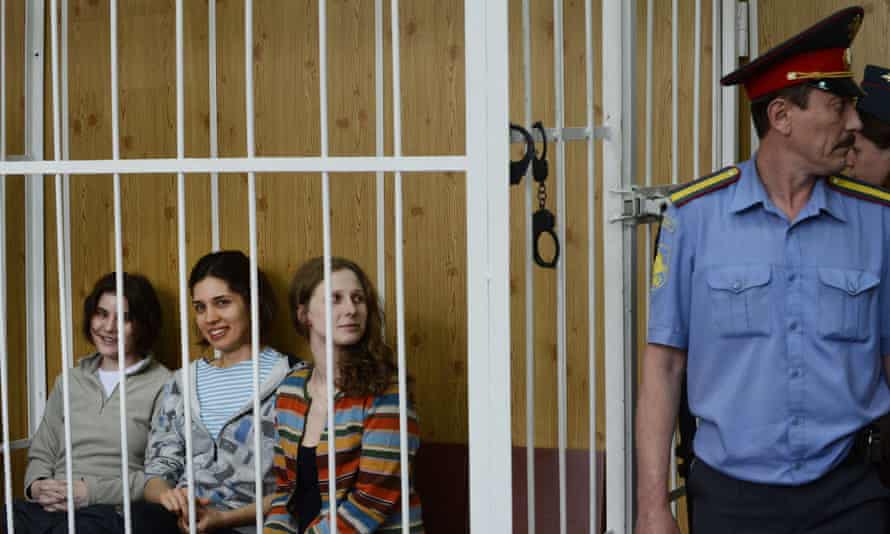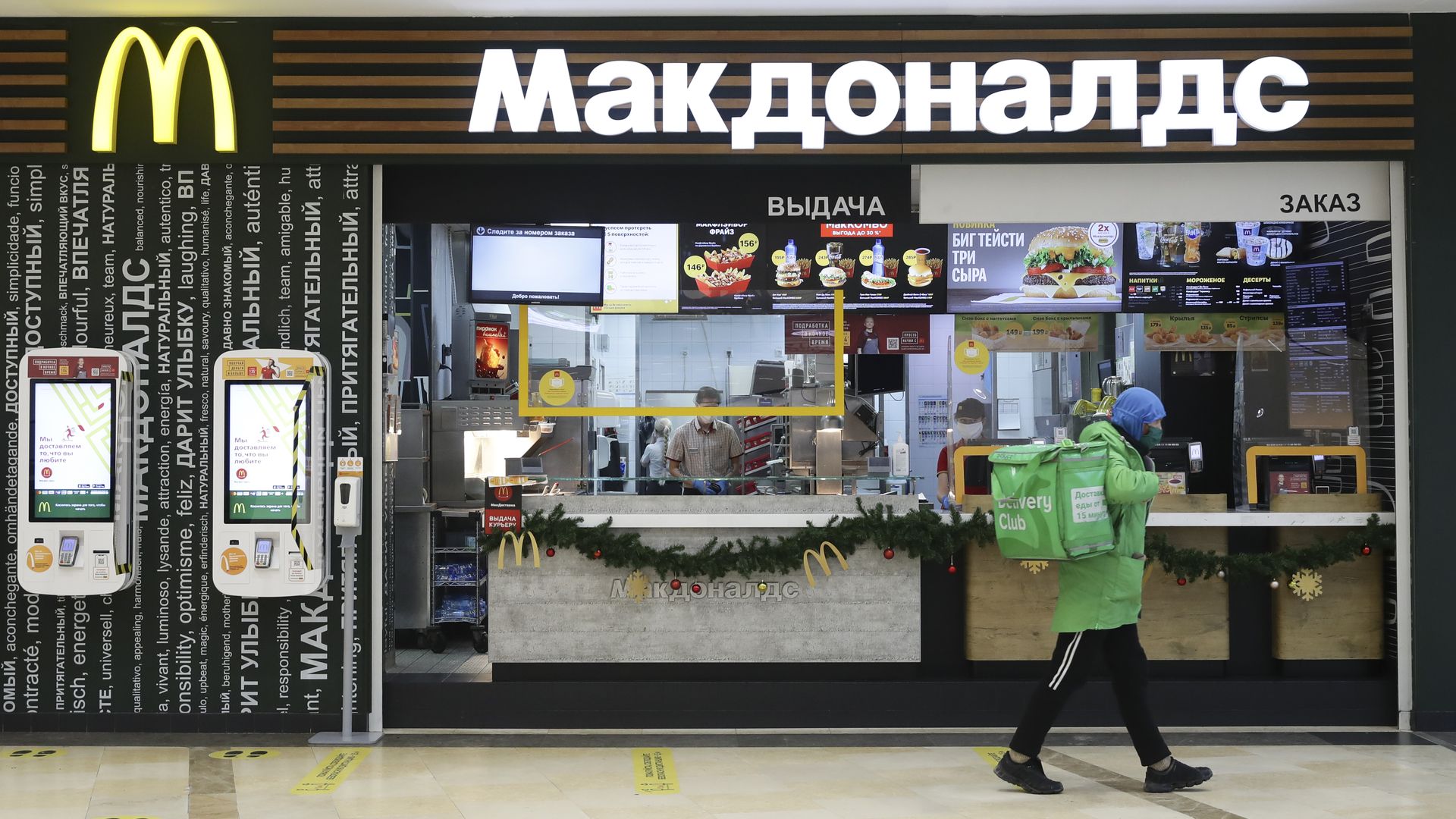The Washington Post
The secret world of offshore banking is proving it can stand up to kleptocrats
Brooke Harrington – March 8, 2022
Russia’s invasion of Ukraine has produced an unexpected side effect: The complicated offshore financial system is rapidly proving it can dismantle itself.
The war has galvanized an extraordinary coalition among tax havens that usually compete fiercely with one another to attract Russian wealth. Led by the European Union, the United States, United Kingdom, Switzerland and Monaco – all of which have long been favored asset hiding places for Russia’s richest individuals – are suddenly cooperating to impose sanctions and expel Russian President Vladimir Putin’s cronies from the zone of legal and financial impunity known as “fiscal paradise.”
In addition to separate sanctions on Russian banks and other organizations, each of those jurisdictions has now frozen or seized the personal wealth of top Russian government officials, billionaire business executives and state media representatives. Other jurisdictions have also joined the fight. Singapore stopped short of individual sanctions, but the popular tax haven made the “almost unprecedented” move to shut out Russian banks. Even Cyprus – so dependent on Putin’s cronies that it has been described as a “Russian bank with dirty money posing as an E.U. state” – has risked the wrath of its top clients by breaking off an agreement to let Russian planes use Cypriot airspace and Russian naval ships dock in Cypriot ports.
These are extraordinary developments in their own right, no matter what Putin does next in Ukraine. Even if the sanctions don’t produce the intended Russian withdrawal, they have shown that tax havens can act collectively in the best interests of society by refusing to aid and abet kleptocrats. This is such a revelation because for decades, offshore centers – ranging from giants like the United States and Switzerland to tiny islands such as Nevis in the Caribbean – have insisted that this cannot be done under any circumstances. But as several commentators have noted, the news keeps showing us that the impossible is indeed possible.
Most importantly, the fiscal paradises of the world have demonstrated that they are willing and able, when they wish, to break down their own walls of silence and complicity – even though this threatens their core business model. Just how serious a threat that represents to kleptocrats can be judged by their reactions to this move. When the Panama Papers exposed what many suspected to be portions of Putin’s personal fortune, he allegedly viewed the revelations as a “personal attack,” demanding retaliation against the West in the form of interference with the 2016 U.S. presidential election. Those data leaks, filled with revelations about rampant corruption among government and business leaders worldwide, were the first breach in the nearly impenetrable secrecy that has always been the main product of the world’s tax havens.
A few years later, Putin now describes coordinated sanctions against supporters of his regime as “akin to an act of war.” The coalition dealing out the sanctions apparently views these measures in the same light. The French finance minister described last week’s seizure of a yacht owned by Igor Sechin – a former deputy prime minister, now considered the second-most powerful Russian after Putin himself – as part of an “all-out economic and financial war in Russia.”
With Russian offshore wealth estimated conservatively as equivalent to 85 percent of the country’s GDP, there is a great deal at stake, but it is not just the money. Anti-corruption campaigners like Alexei Navalny who have fought for years against Russian kleptocracy insist that sanctioning and seizing oligarchs’ offshore wealth is essential to halting the abuses of Putin’s regime.
Just two years ago, Navalny claimed sanctions on Russian oligarchs were failing precisely because they were implemented in a piecemeal, “chaotic” and halfhearted manner by countries like the United States and Great Britain. But that has changed almost overnight. While some critics still view progress on sanctions as unnecessarily slow – especially in “Londongrad,” as the British capital is sometimes known because of its friendliness to Russian wealth – some observers have already declared that “the era of Russian money in London is over.”
Where will Russian wealth go now that Putin’s war has galvanized so many other tax havens to unite in shutting out the oligarchs? Now that the offshore system has shown that it can expel some of its most cherished clients from fiscal paradise, kleptocrats from outside Russia must be wondering whether that fate will befall them next. They cannot unsee what we have all seen: that the wall of offshore omerta can and will be breached in unpredictable ways.
It would be a consummate irony if Putin himself accomplished with his invasion of Ukraine what a string of devastating offshore leaks could not: the self-destruction of the offshore financial system. He has unquestionably, if unintentionally, accelerated the process “John Doe” and the insiders behind the 2017 Paradise Papers and 2021 Pandora Papers leaks began by breaching the wall of seemingly impenetrable tax haven secrecy.
Brooke Harrington is a professor of sociology at Dartmouth College and the author of “Capital Without Borders: Wealth Managers and the One Percent.”








